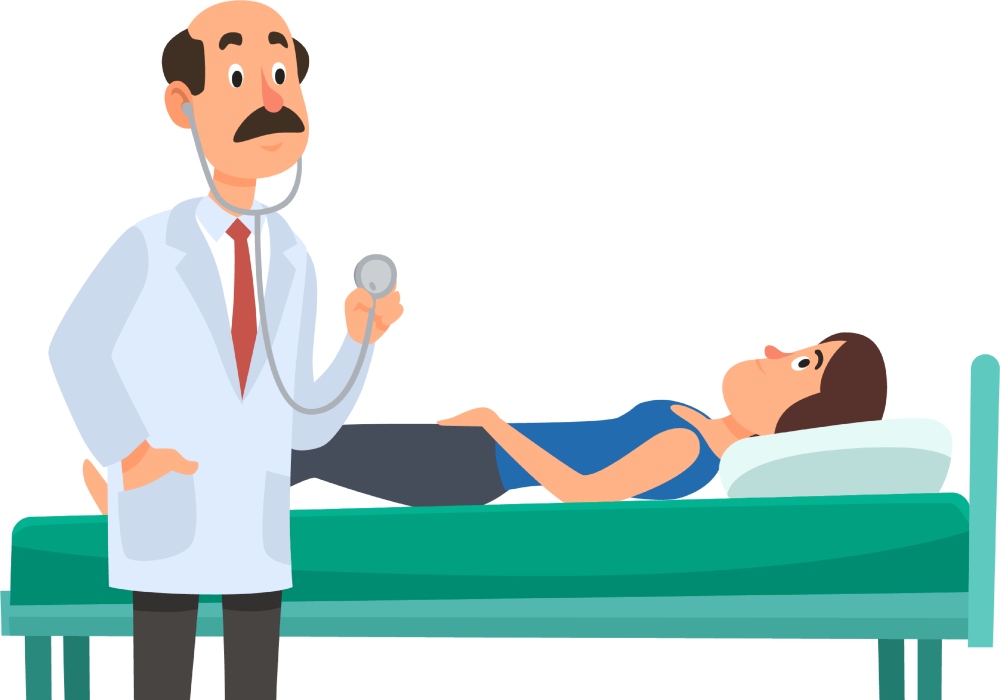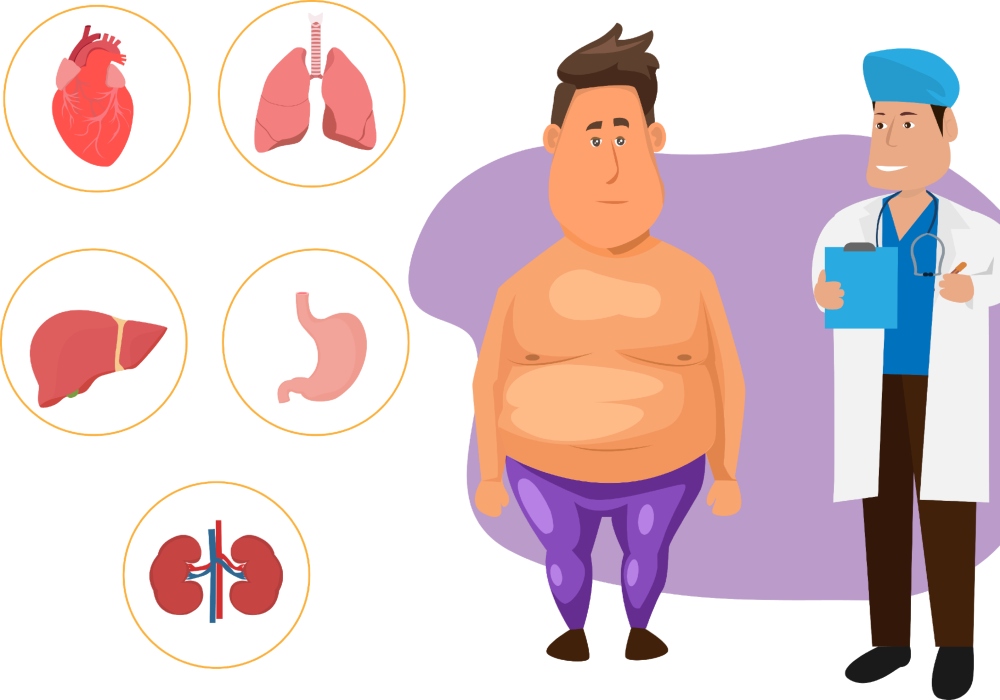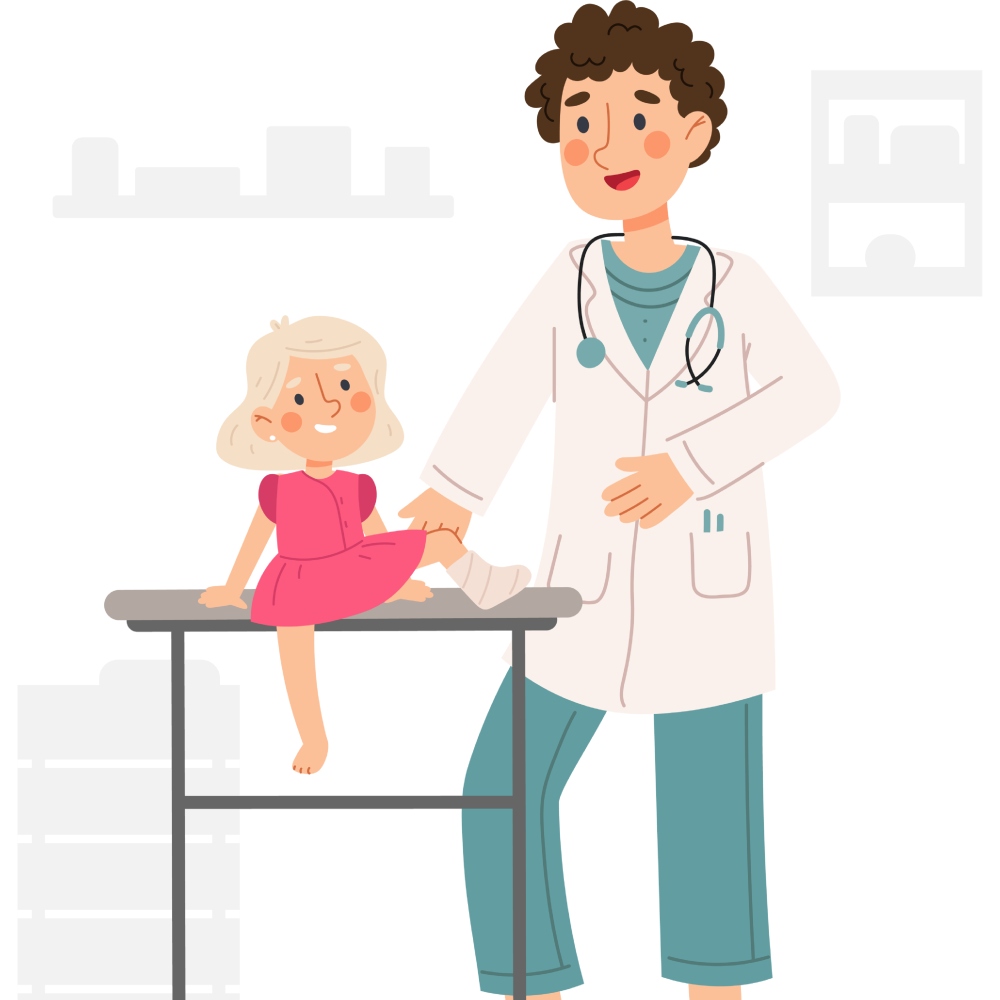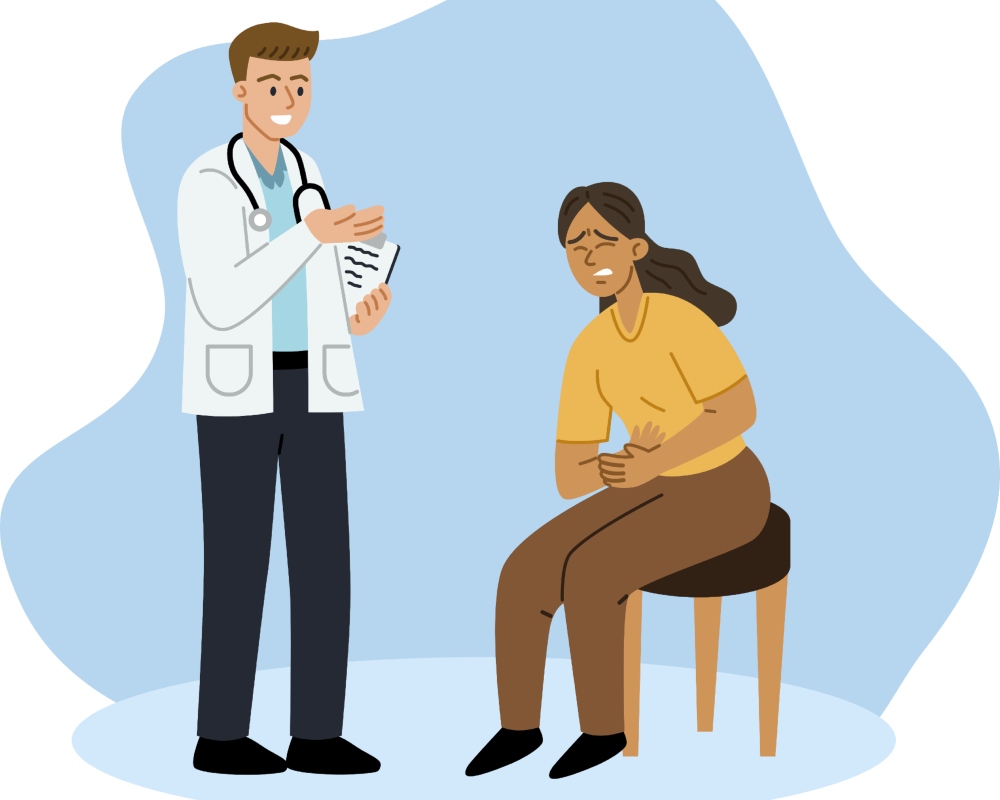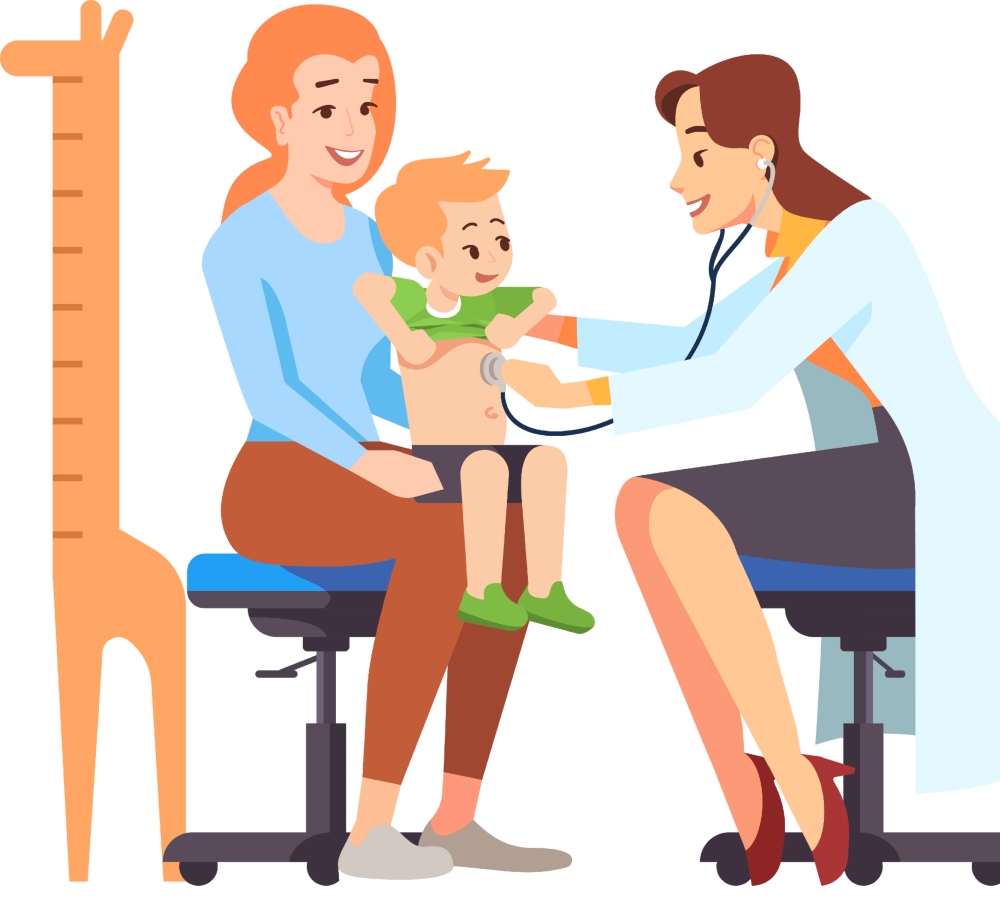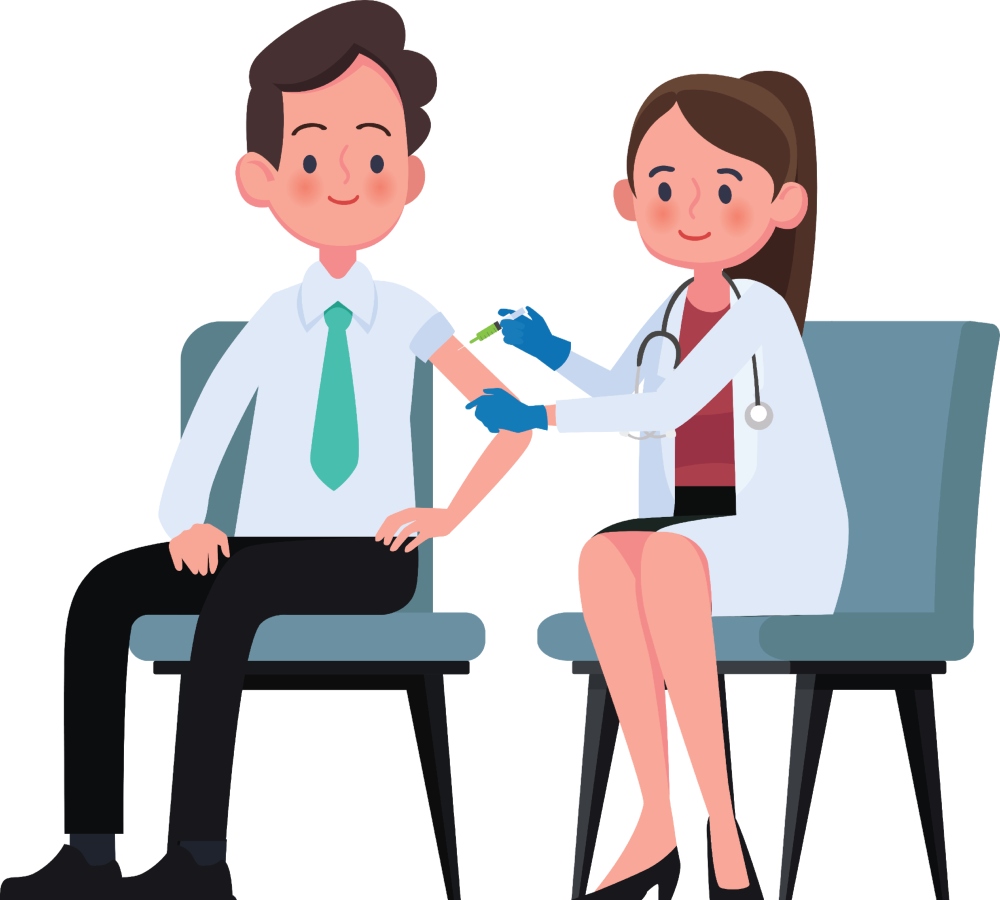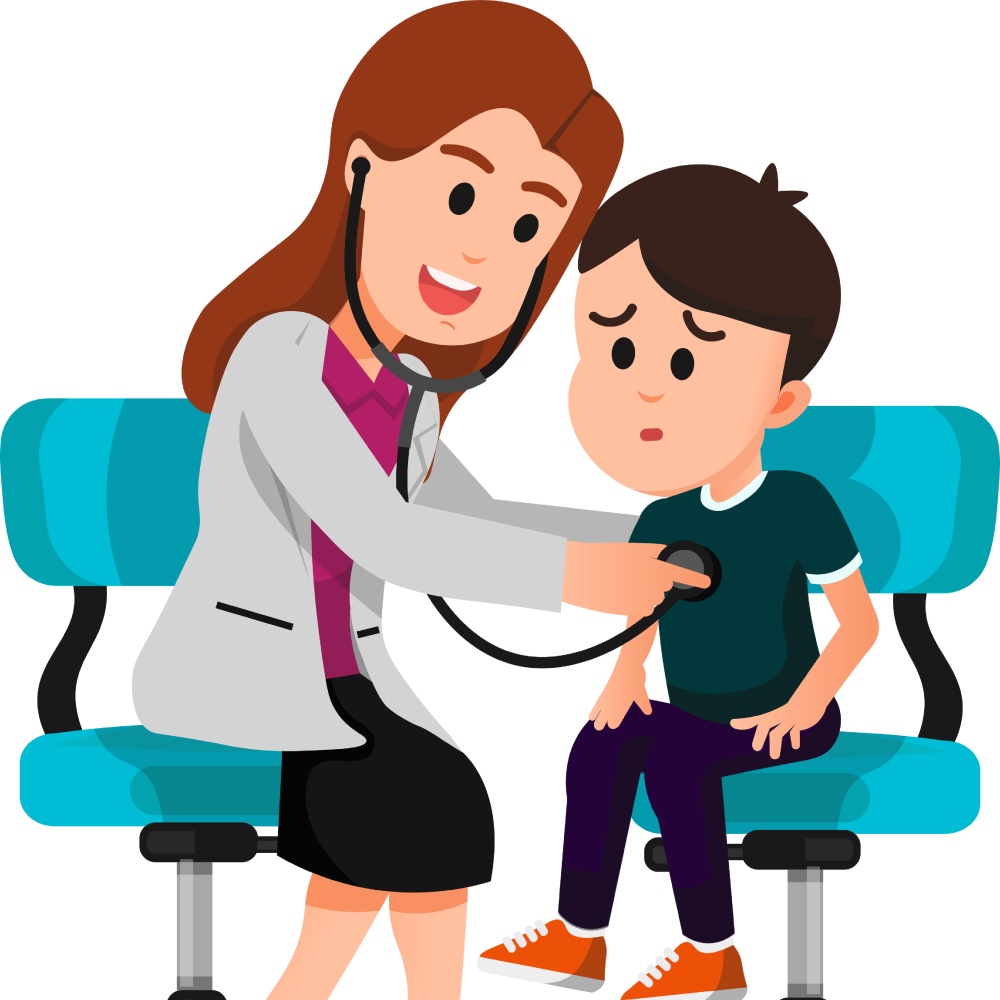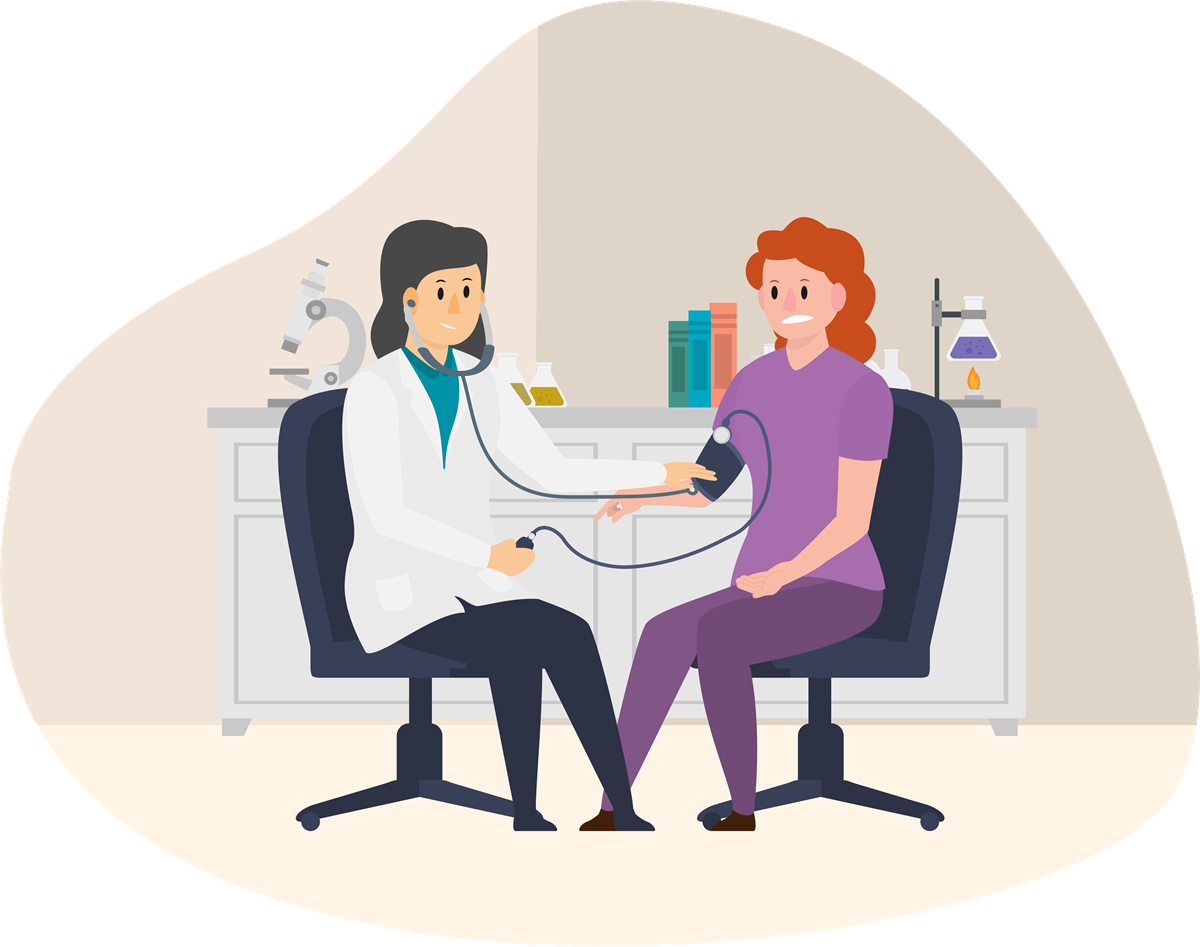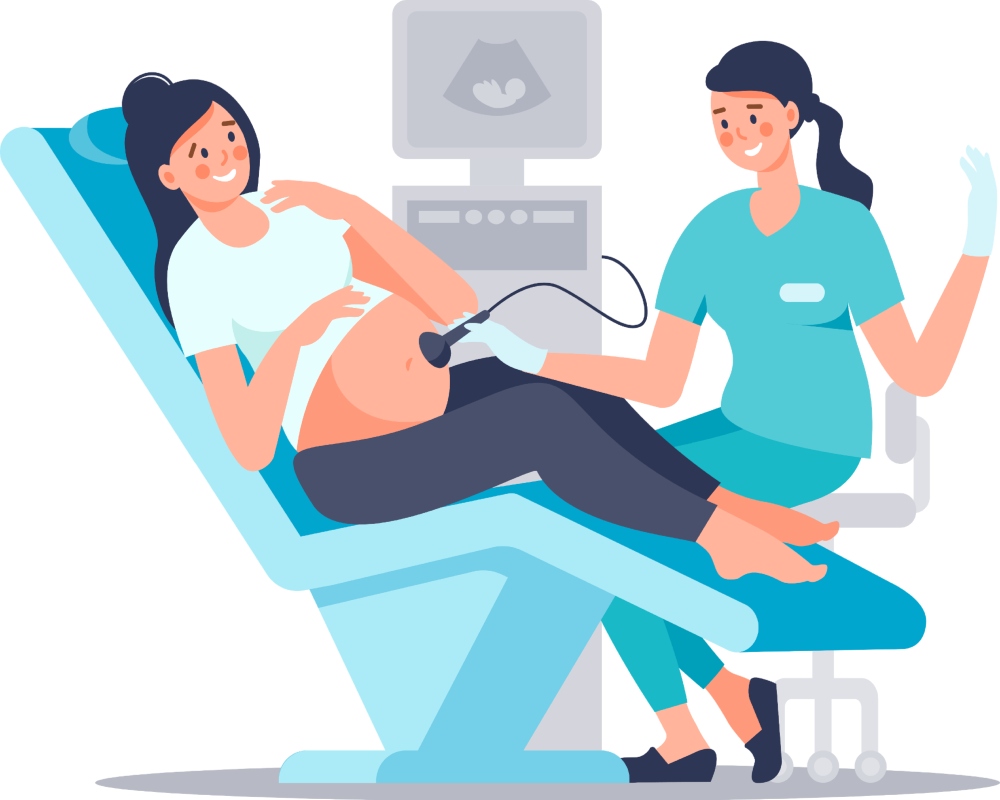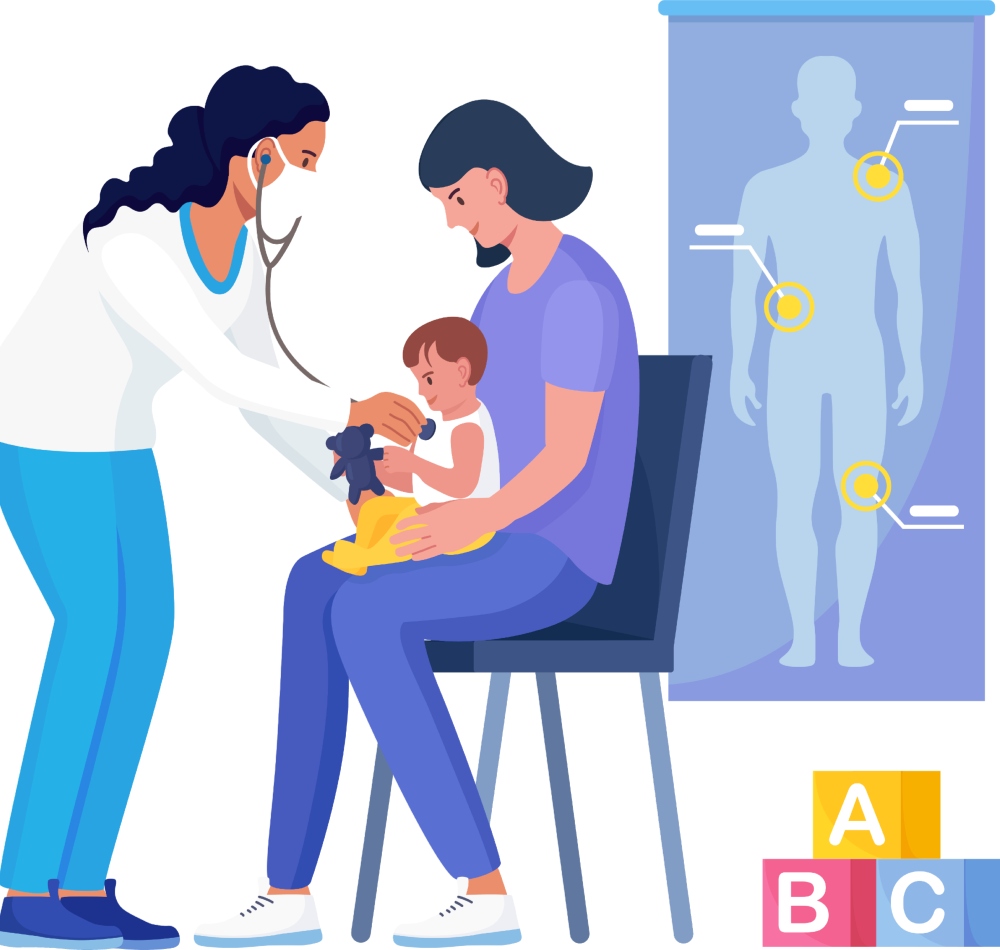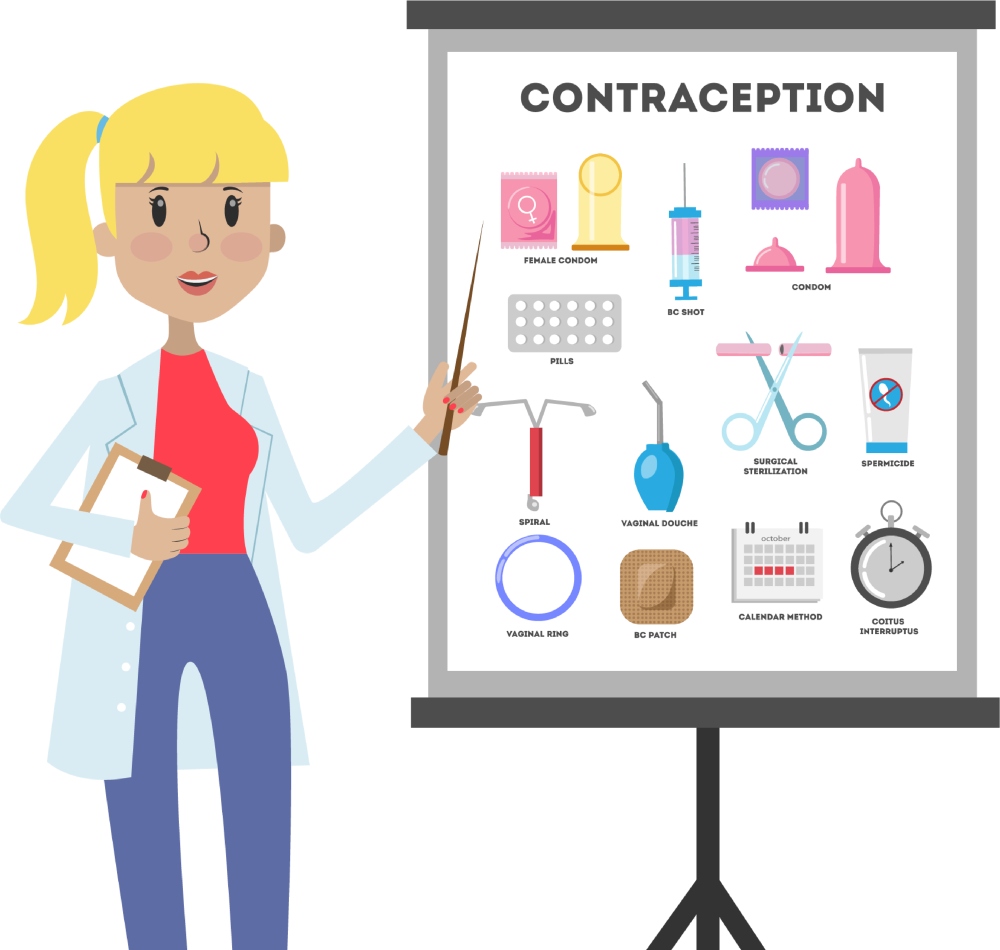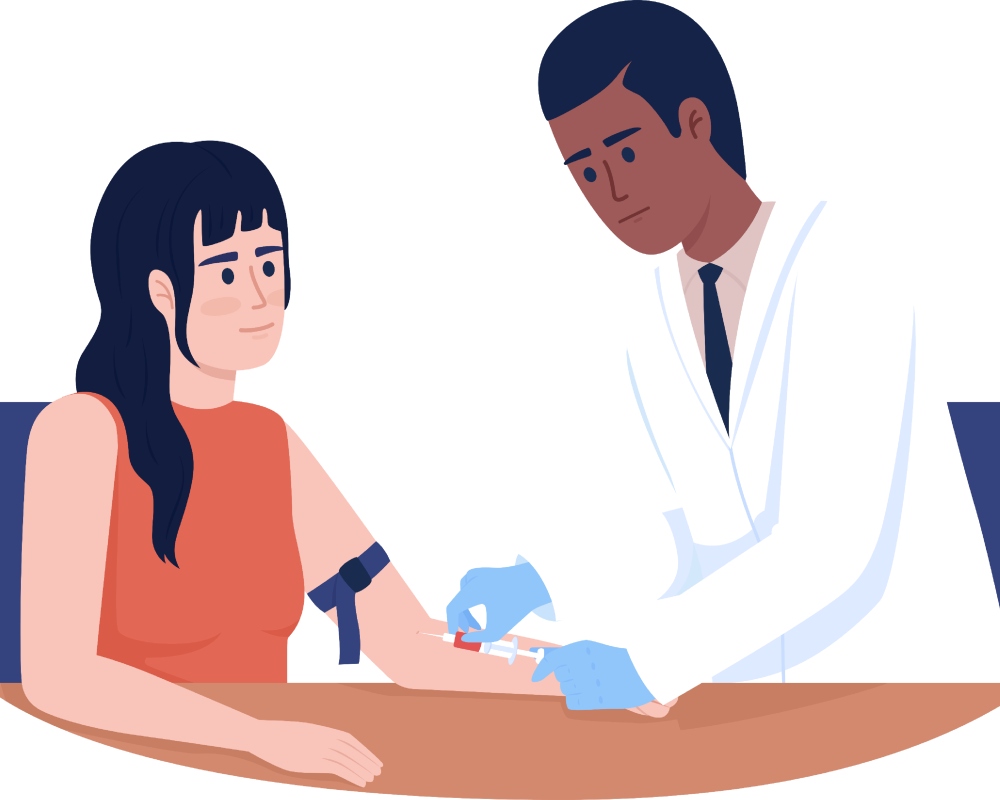Health Maintenance Visits
Health Maintenance Visits are an essential part of proactive healthcare, focusing on preventive care and overall wellness. These visits involve regular check-ups and screenings to monitor your health, detect any potential issues early on, and develop a personalized plan to maintain and improve your well-being.
Physical Examinations
Physical exams typically include measurements of blood pressure, heart rate, respiratory rate, and temperature. They may also involve examinations of the head, neck, chest, abdomen, limbs, and other body parts. These exams play a crucial role in preventive care, allowing healthcare providers to monitor your health, offer personalized recommendations, and promote early intervention to maintain optimal health and wellness.
Adult And Pediatric Care
Adult and pediatric care encompasses medical services provided to both adults and children, addressing their unique healthcare needs at different stages of life. Adult care focuses on the health and well-being of individuals who have reached adulthood and may involve preventive care, management of chronic conditions, and treatment of acute illnesses. It includes routine check-ups, screenings, vaccinations, and specialized care tailored to the specific needs of adults.
Pediatric care, on the other hand, is dedicated to the health of infants, children, and adolescents. It involves well-child visits, developmental assessments, immunizations, and management of common childhood illnesses. Pediatric care providers are trained to address the physical, emotional, and developmental aspects of a child’s health, ensuring their growth and development are on track.
Chronic Disease Management
Acute Childhood Illness And Injuries
Acute childhood illnesses and injuries refer to sudden and temporary health conditions that affect children. These conditions can range from common illnesses like colds, flu, and ear infections to injuries such as sprains, fractures, and cuts. Prompt and appropriate management of acute childhood illnesses and injuries is essential to ensure proper healing, alleviate discomfort, and prevent complications.
Women’s Health
Women’s health refers to the medical, physical, and emotional well-being of women throughout their lifespan. It encompasses a wide range of health concerns and conditions that are unique to women or affect them differently than men.
Key aspects of women’s health include reproductive health, pregnancy and childbirth, hormonal changes, breast health, menstrual health, and menopause.
Urgent Care
Urgent care is a type of medical service that provides immediate medical attention for non-life-threatening illnesses and injuries. It is designed to bridge the gap between primary care and emergency care, offering timely and convenient access to medical professionals outside of regular office hours.
Well-Child Examinations
Immunizations
Telemedicine
Telemedicine, also known as telehealth, refers to the delivery of healthcare services and medical consultations remotely through telecommunications technology. It allows patients and healthcare providers to connect and communicate in real-time, overcoming geographical barriers and improving access to healthcare.
Through telemedicine, individuals can receive medical care, consultations, and follow-ups without the need for in-person visits. This can be done through video conferencing, phone calls, or secure messaging platforms.


